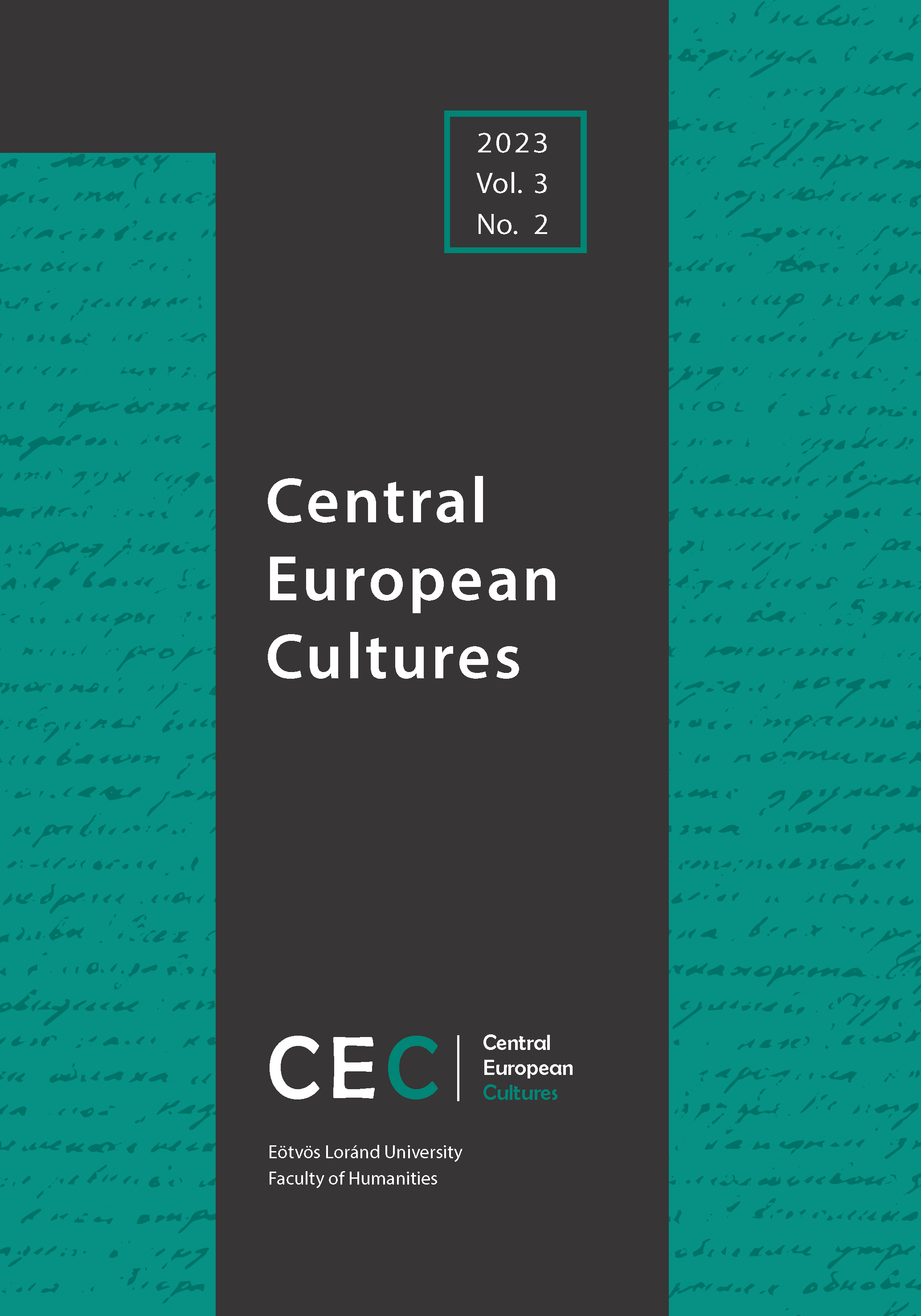Published 2023-12-15
Keywords
- Neolatin poetry,
- biblical poetry,
- sixteenth–seventeenth century,
- psalm paraphrase,
- Hungary
How to Cite
Copyright (c) 2023 Author(s)

This work is licensed under a Creative Commons Attribution-NonCommercial 4.0 International License.
Abstract
The most popular trend in sacra poesis (sacred poetry) in the sixteenth and seventeenth centuries was the paraphrase of psalms into Latin. In parallel with numerous European examples, there are a good number of paraphrases of psalms from this period in Hungarian Neolatin poetry. Psalm transcriptions in Latin are associated with Georgius Purkircher (Psalm 72, 79), Christianus Schesaeus (Psalm 79, 90), Caspar Piltz (Psalms 3, 4, 23, 31, 51, 79, 80, 91, 110, 127), Johannes Sylvester (Psalm 79), Georgius Ostermaier (Psalms 1, 42, 122–126, 133), Laurentius Szegedinus (Psalms 51, 128), Valentinus Crispus (Psalms 42, 51) and Johannes Bocatius (Psalm 103). In my study, I attempt to outline the main similarities and differences between the paraphrases of the psalms in Hungary and Germany by selecting from this corpus of texts, by means of a detailed philological analysis of the poems and by highlighting the parallels between them.

